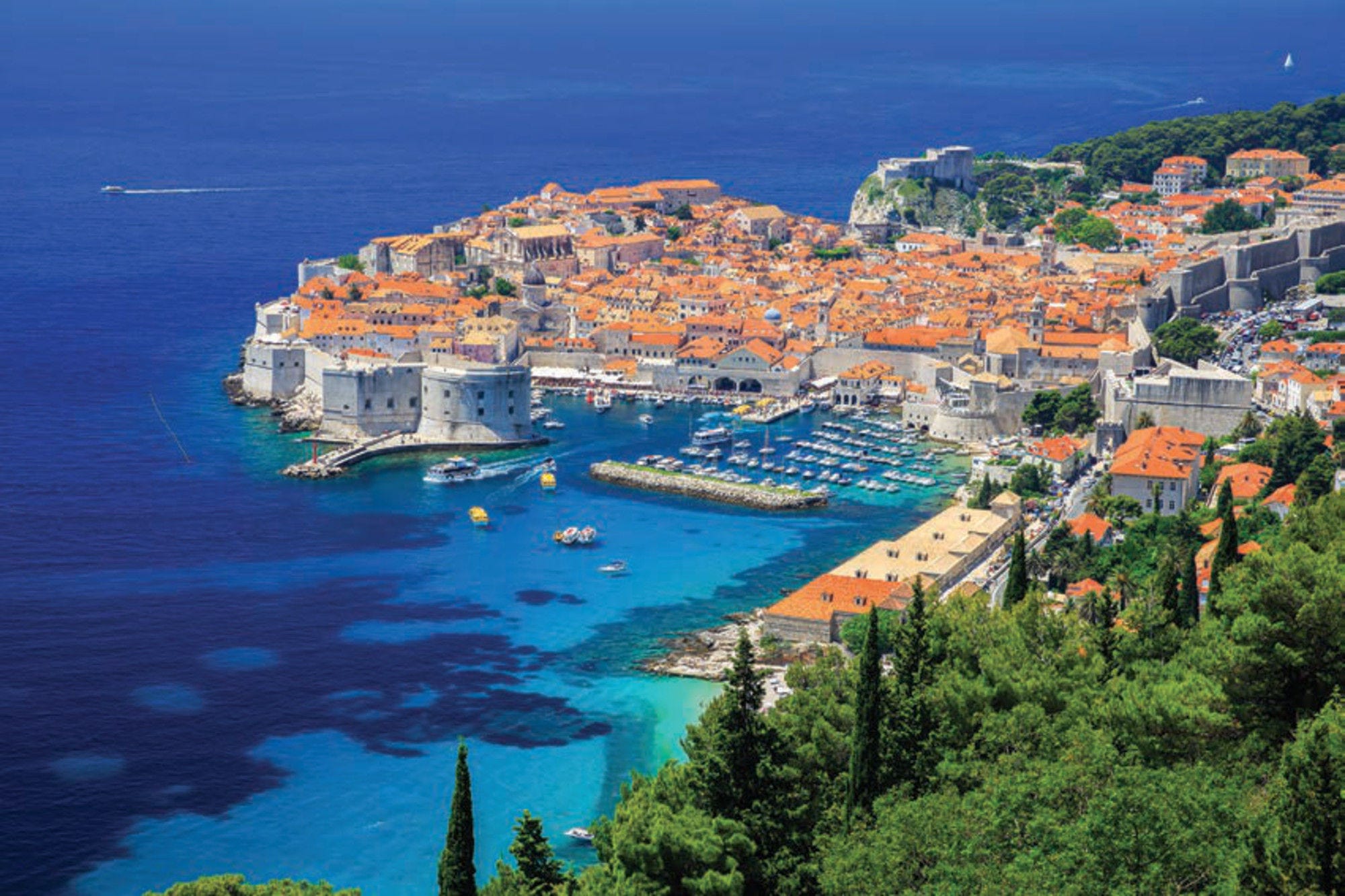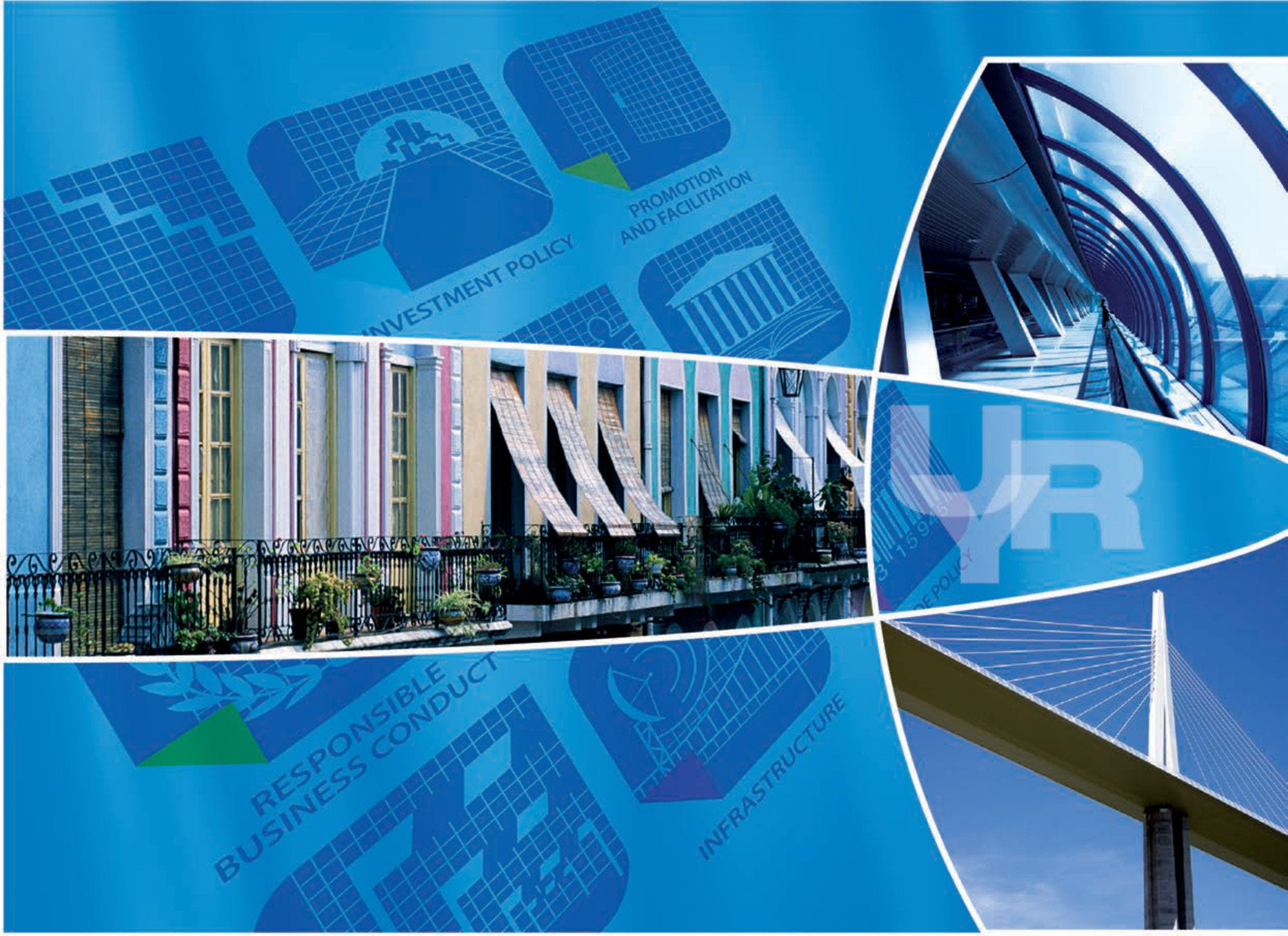This review was prepared in response to Croatia's 2015 request to adhere to the Declaration on International Investment and Multinational Enterprises. It assesses the climate for domestic and foreign investment in Croatia, its ability to comply with the principles of openness, transparency and non-discrimination and its policy convergence with the OECD Declaration, including responsible business conduct practices, and discusses the challenges and opportunities faced by the government of Croatia in its reform efforts. Capitalising on the OECD Policy Framework for Investment, this review includes chapters on foreign investment trends and performance, foreign investor entry and operations, the legal and institutional framework for investment protection, investment promotion and facilitation, public governance, and policies to promote and enable responsible business conduct.
OECD Investment Policy Reviews: Croatia 2019

Abstract
Executive Summary
This Investment Policy Review is the fruit of a two-year inclusive process carried out in partnership with the Ministry of Foreign and European Affairs of Croatia, and for which the European Union (EU) provided funding. It has been undertaken to provide Croatia with a systematic approach to investment climate reform, using the well-tested methodology of the OECD Policy Framework for Investment (PFI), and accompany Croatia’s application for adherence to the OECD Declaration on International Investment and Multinational Enterprises. In total, the Review is composed of eight chapters.
The main finding is that Croatia has achieved a large degree of policy convergence with the Declaration, building on the various reforms which have underpinned the country’s economic and social progress since independence in the early 1990s. This is true, in particular, in terms of the country’s ability to comply with the principles of openness, transparency and non-discrimination and responsible business conduct that are integral to the OECD approach to investment. Croatia has made great strides in opening up its regime for foreign investment. The statutory regime is more open than in most other countries surveyed in the OECD FDI Regulatory Restrictiveness Index. Its degree of restrictiveness is low in comparison with the OECD average and Croatia is at par with the average EU economy. There are few barriers to entry for foreign investors and Croatia makes few exceptions to national treatment of foreign investors.
Capitalising on the PFI, the Review also studies other policy areas that are of key relevance to Croatia’s overall investment climate, such as investment protection, promotion and facilitation, regulatory framework and practices, and the fight against corruption. On some of these dimensions, the scope for doing better and faster remains important – as proven by the fact that creating an attractive environment for investment, foreign and domestic alike, remains among Croatia’s foremost priorities.
On the one hand, important efforts have been made in providing adequate levels of investment protection, including in respect to intellectual property rights, and in improving dispute resolution mechanisms. In particular, significant progress has been made towards reinforcing the independence and efficiency of the judicial system. With the aim to further encourage investment, Croatia also introduced significant tax reforms in 2018, resulting in greater tax transparency, although the effects of the reform are yet to be fully visible. Efforts have also been made to rationalize the framework for investment incentives with more clearly defined criteria albeit further progress may be required on monitoring and evaluation of their effectiveness. Croatia has also introduced a set of useful and important reforms to strengthen regulatory policy, although an overall policy for better regulation is still missing.
On the other hand, Croatia’s low score in a number of international rankings is a cause of concerns. The administrative burden on businesses, as reflected in the World Bank’s Doing Business indicators, remains rather high and dwarfs entrepreneurial spirits. Steps have been taken to reduce it, but progress in implementation has been timid. Similarly, Croatia does not perform very well in the OECD PISA measurement of education achievements. On both accounts, the end result is that Croatia fails to attract enough foreign investment to increase fixed capital formation, accelerate GDP growth, and reach all Sustainable Development Goals. Ensuring implementation of the announced plans to improve the investment climate and the quality of education and training is critical to allowing businesses perceive the difference.
Another sensitive area is corruption. Despite substantial efforts made to reduce opportunities for corruption and limit discretion in public decision-making, it remains a recurrent business concerns. Some elements of a well-functioning and transparent framework for state-business interactions are still missing. In particular, Croatia lacks strong ethical standards for local self-governments. There is also space to improve the governance and foster the integrity of state-owned enterprises and public development finance institutions.
The Investment Policy Review also analyses Croatia’s record in promoting responsible business conduct (RBC). Authorities have undertaken important policy reforms aimed at creating an enabling environment for businesses to act responsibly (e.g. human rights; employment and industrial relations; environment; consumer interests and protection). The Review indicates further steps that would help, such as the active implementation of the OECD Guidelines for Multinational Enterprises and the establishment of an effective and impartial National Contact Point - to promote the Guidelines and resolve RBC issues related to environmental, social and governance issues.
The Government is well aware that private investment can play a role in enhancing Croatia’s growth potential and in improving living standards. For this very reason, a more modern investment promotion platform is needed. The institutional set-up for investment promotion appears fragmented and a more explicit national strategy for investment attraction could help ensure better coordination among the different actors, with no prejudice to specific efforts targeted at activities and regions that require further assistance.
Raising investment further requires a comprehensive and coherent policy package. This OECD Investment Policy Review of Croatia looks at challenges and opportunities for attracting more and better investment and the resulting development impact of that investment.















